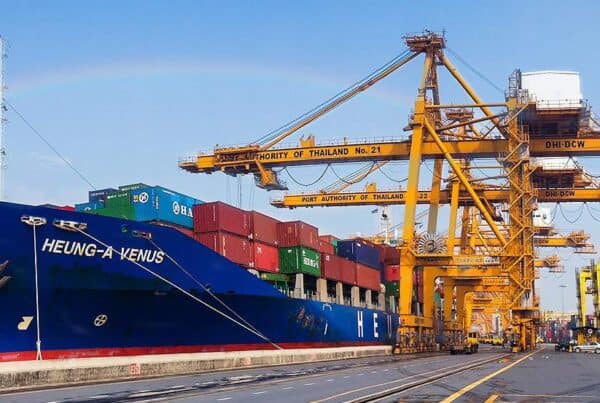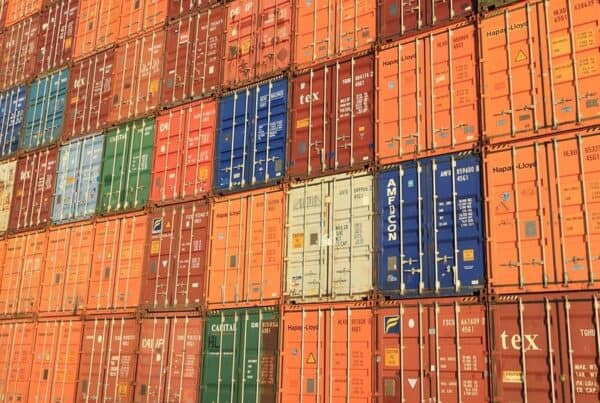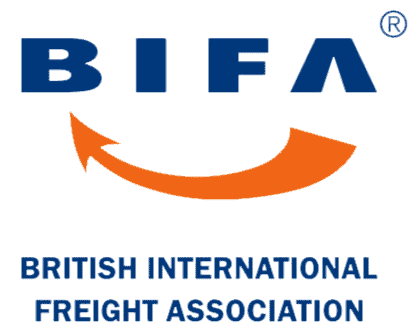Looking back, 2021 was quite a year in international logistics. Not only was there the infamous blockage of the Suez Canal that caused so much disruption for trade between Europe and Asia, but the pandemic was still causing problems, as well. It is worth noting that 2020 and 2021 both saw a great deal of change because of ocean-going vessels not being able to recruit crews in the way that they usually would. Furthermore, containers often seemed to be in short supply whereas, in reality, they were simply in the wrong place to be of any use more often than not. So, what will the world of freight forwarding see in 2022 and what are the main challenges that will need to be overcome in consignment management?
To begin with, even the experts in Freight Forwarding at Barrington Freight do not have a crystal ball or any other method for predicting the future accurately. All we can do is give our professional opinion about what might happen based on recent events. However, if the past few years have taught us anything, then it is to prepare for the unexpected. By expecting the best but planning for the worst, most businesses that rely on international supply chains to operate successfully should be in a stronger position. Who knows if a future viral variant might slow down orders from China, India or the US, for example? Consequently, hedging your bets by ordering a little more stock than usual is probably a good idea despite the improving situation globally with the pandemic.
More optimistically, we’d expect the problems with container availability to continue to subside as 2022 progresses. No one could say for sure when normality will return to the international containerised logistics system but it will probably look much better for European firms, at least, within the next few months. The only exception to this might be for importers of specialist goods that don’t fit the mould of general cargo where particular types of containers might be required to fulfil an order delivery.
In addition, it is important to recap the new Brexit rules for importers of goods from the European Union. Full customs checks have been in operation since the start of 2022 which means that European suppliers have had to up their game in terms of declarations for anything coming into the UK. Delays at British ports like Dover have occurred but, thus far, haven’t led to widespread disruption. How this pans out is difficult to say but preparing for a worsening situation would be a good part of building resilience into European supply chains. If border officials or even ferry staff were to commence industrial action due to over-demanding workloads, for example, then problems that are manageable right now could soon get out of hand.
Finally, we think that inflation is likely to remain high. Fuel and energy costs are at the forefront of rising prices since this affects all goods that are in transit. Global shipping costs will at least remain high and could go higher in 2022. Therefore, driving costs down with more effective logistic management and freight forwarding is likely to be even more important than it has been for the last few years.
Contact us today on 01268 525 444. Alternatively you can also send an email to sales@barringtonfreight.co.uk






